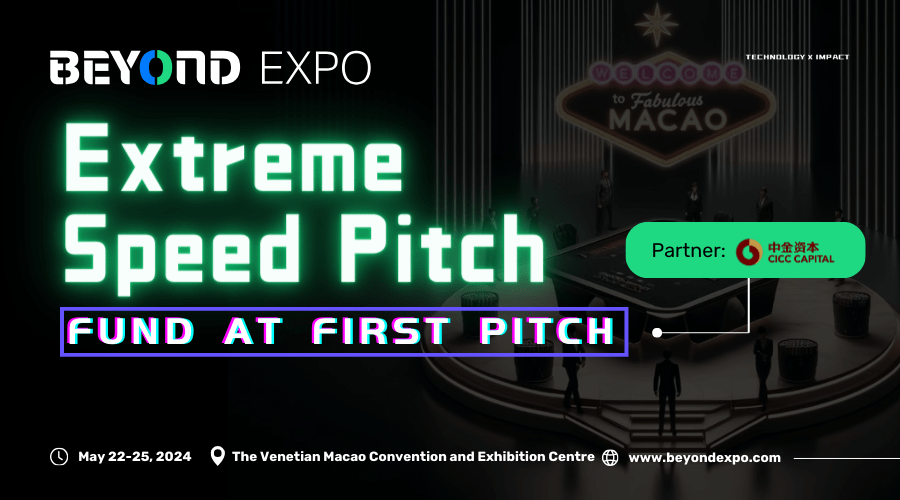Naldo today announced a new online instant-delivery ordering service that aims to disrupt a domestic industry worth $5Bn. The company provides “immediate delivery of almost any item for B2B and B2C customers within a maximum timeframe of 90 minutes via a browser-based online ordering-system”.
The existing offline instant-delivery market in Korea is already huge and sprawling, but Naldo aims to provide a much more streamlined and cost-efficient experience to customers. The early signs are good, with many clients already placing thousands of orders every month using the service in and around Seoul.
Naldo is plugging into a Global trend seeking innovation in the instant-delivery market, which has become a hot investment-area in other countries, as demonstrated by Ebay's acquisition of UK-based Shutl and the emergence of strong US providers including Deliv, Zipments and Postmates, which either work with big shopping malls to compete against Amazon, or offer services directly to end-customers. Just a few weeks ago TechCrunch also reported a $2M investment into French provider “Tok Tok Tok”, a company which runs the same model.
Even in Korea instant-delivery businesses exist, often as offline versions already, and there are some small local online players. However, none has emerged as a viable prospect to really make a big impact on the industry. Phone-based Hae-ju-saeyo (해주세요), for example, already offers a range of 24hr delivery and pick-up services such as picking up laundry, buying supermarket items or even taking the dog out. Naldo CEO Ludolf Ebner-Chung believes that these company's are failing to make a meaningful impact as they are entering the market with B2C models, which increases the barriers to success. Naldo, on the other hand, focus purely on B2B orders.
The instant-delivery market has developed rapidly in Korea, where people want things done immediately, a national Korean trait. Naldo has now developed an algorithm to provide a very cost-efficient way to feed into this need through technology, while disrupting the old offline industry. As with his previous success story, Yogiyo, Ebner-Chung is confident that his new service will be a market-leader within a very short time.
While Ebner-Chung had also considered the taxi market, another large opportunity, he decided that instant delivery was a much easier opportunity to leverage. He noted that while the Korean taxi market in Korea is also huge, it is plagued with government regulation, corruption, organized crime and powerful trade unions: Not the easiest market to break into with a new service. Additionally, taxi drivers are usually retired company employees in Korea, and are often not tech savvy, meaning that adoption could be very difficult. In contrast, drivers in the instant-delivery industry are not generally connected with large organizations and have just loose affiliations, often operating individually, or as contractors. A killer feature of this market is also that 100% of drivers have smart phones are are used to relying on them for work. Therefore the simple act of downloading the Naldo app presents minimal barriers for driver acquisition. And of course Naldo will not be building their own fleet, as other instant-delivery companies have tried in Korea.
Naldo addresses a huge trend in connecting offline services to online solutions. With Naldo all interaction with drivers is online, through a simple smartphone app. This aims to make the consumer experience much more convenient, while simplifying the processes for drivers as well.
Ebner-Chung believes that his business model has now been validated after several months of testing and updates. Naldo is now fully operational and recruitment is underway to increase the company’s sales and business development capacity. Ebner-Chung is also seeking further investment to ensure that the service quickly becomes, and remains, as the dominant market player in Korea.
Ebner-Chung was the former ‘Team Europe’ Asia-Pacific CEO and founded Delivery Hero’s Korean operation “Yogiyo”, which is now competing for the number 1 food delivery spot with another local player, Bedari Minjeok. CEO, German-Korean Ebner-Chung believes that his prior experience as a McKinsey consultant combined with his years of work in the internet space in Korea give him an advantage over other foreign owned internet companies that have tried and failed to enter the Korean market in the past (e.g. Google, Yahoo, etc).
Through his experience at Team Europe Ebner-Chung has knowledge of how to find lucrative opportunities in existing ‘old-school’ markets and leverage them to provide better services for consumers. About his decision to focus on the delivery market he stated that he had seen “many existing Korean markets going online: food-ordering, taxis, parking, etc.” Additional research brought him to discover instant-delivery, which he describes as “a huge and highly fragmented multi-billion USD market in Korea.”
Naldo is also ramping up in Korea at an interesting time for e-commerce and delivery. Amazon plans to enter the Korean market this year and if they are successful, it presents Naldo with another strong business line, as existing e-commerce providers are hit with stiffer competition and seek ways to streamline their delivery services and reduce costs.
While simplicity seems to be one of the driving features of Naldo, in order to quickly and effectively enter the market, Ebner-Chung suggested that other features are in planning to increase the value of the service. Currently drivers have visibility of all open orders and can select the ones they want, but soon the company hopes to add functionality enabling orders to be bundled to help drivers use their time most effectively and further reduce cost for users. Though these are early days, Ebner-Chung sees potential to merge with a large online shopping mall, or even with a taxi player or food delivery player, and stated that “once you have a large driver pool there will be percentage of those drivers who offer a better, more customer focused experience”. These VIP drivers would potentially be able to provide good B2C services.
Long term ambitions for Naldo focus around the creation of a huge urban network of drivers. Once this is established the company will then have a powerful logistics network, and with the rising tide of online shopping with ever faster delivery options, there will be an ever increasing need for the type of urban delivery network that Naldo is building now.






